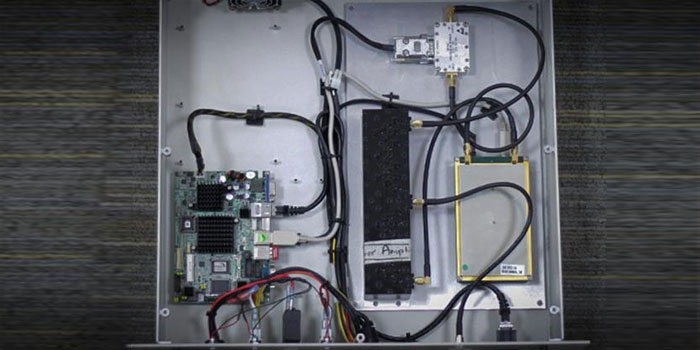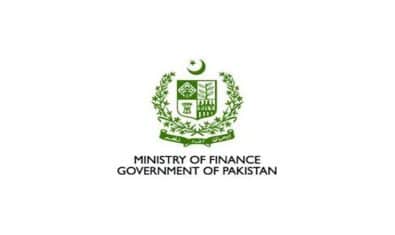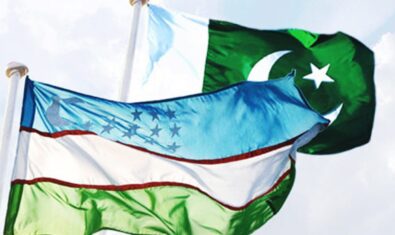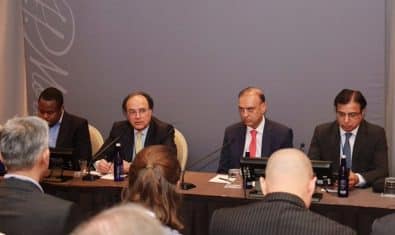Pakistani Researchers from the Information Technology Institute (ITU) Lahore have developed a portable solar powered cell network site. The team developed a running prototype in conjunction with a team from University of California. The network site has been named “Rescue Base Station” (RBS).
As the name suggests the network site is supposed to be employed in disasters like floods and earthquakes. In situations like these, cell towers usually stop working and the affected areas become a black zone without any mobile network coverage. The lack of mobile networks makes the rescue efforts more difficult but the new Rescue Base Station is supposed to solve that problem.
ITU Vice Chancellor and project adviser, Umar Saif, said:
When the RBS is installed in a disaster-struck area, people automatically start receiving its signals on their mobile phones. They can manually choose it and then call, send messages and even browse (internet) data free of charge/
The RBS is a lightweight rectangular box accompanied by an antenna, a signal amplifier and a battery which is compact enough to be moved around easily. The cell site can be easily deployed in difficult terrain using helicopters too. The solar panel keeps it powered and its battery charged.
The RBS has a signal outreach of 3km in radius. People in the coverage area will need to register by sending their name, occupation, age and blood group to a special number. The special number will be sent to the mobile users in the coverage area automatically. According to the Umar Saif this procedure “helps generate an automatic database of people in distress, and eventually helps both the rescue and relief teams and the victims”.
Potential users can use special numbers to get the assistance and information they require easily. The special numbers can be used for multiple assistance scenarios like blood requirement, rescue team assistance and more. Sending weather alerts can also a use-case scenario for the RBS.
The first prototype of the RBS was funded by a Google Faculty Research Award. Now, the team is working with a US based company and a local telco
The RBS prototype is yet to be deployed in the field but the ITU team expects that to happen within the next few months as they are currently in a partnership with the National Disaster Management Authority and a Telecom company.
The RBS operates on open source software and offers all the features usually offered by a regular cell phone cell sites. It RBS costs $6,000 to manufacture. The first Pakistani prototype was funded by a Google Faculty Research Award. The RBS team is now working with a US based company, Endaga, that connects rural communities on a smaller scale and a local telecom firm.
Cutting edge technologies like RBS can help improve rescue efforts in disaster areas drastically all around the world and it’s a great effort by the Pakistani team in conjunction with all other stakeholders that made it possible.


























Great! Must Be Appreciated..!!!
And this is made without youtube :P
What you gonna say youtube lovers ?
how much u r assure . that they didn’t use youtube for information regards this project .?
oh come on, the point which is presented here is this project development not “YOYTUBE”. and yes you have to take guidelines …what ever the source is!
Well done Team Pakistan . Keep it up
This clearly shows the potential we pakistanis have :)
I dont want to shi7 in a can of milk, but really? It should be a FYP university project. Arent we looking for bit too much feel-good factors these days?
Such a brilliant device ! :)
what about connecting that with a drone to reach out disaster hit area?
Well this is great